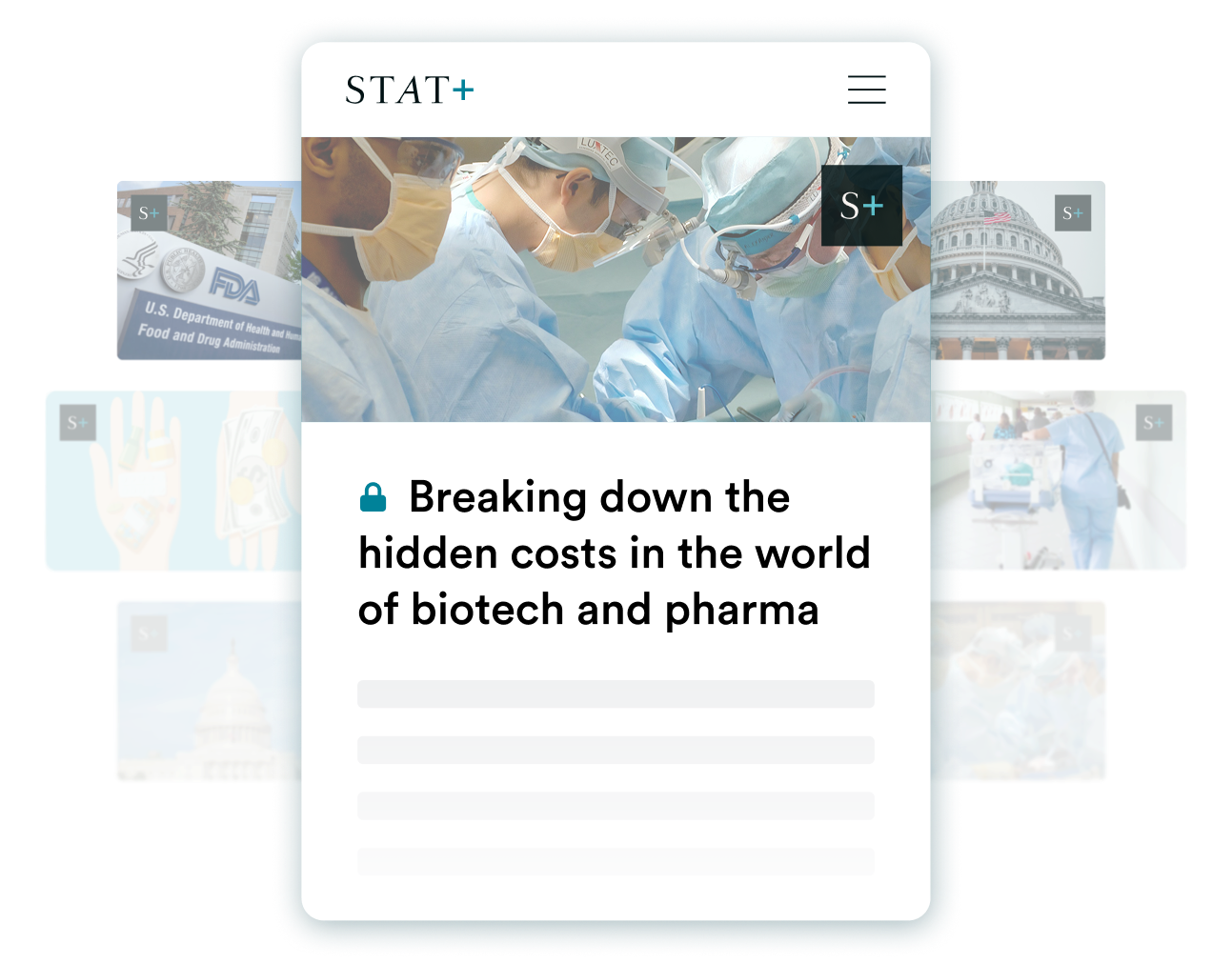
When we named ourselves “STAT’’ 10 years ago, we conceded, “It takes a bit of chutzpah to name a digital-age life-sciences publication after a buzzword born when leeches still roamed the apothecary. But we’ll be honest: We’re coming at this with no small amount of ambition.’’
Stat is an abbreviation of the Latin word “statim,” meaning “immediately.” And we’re proud that since 2015 — as the pace of science has been stunning — we’ve delivered urgent, authoritative, and impactful journalism. Our mission is more vital than ever as we’re witnessing the most extraordinary reshapings of health and medicine of our lifetimes.
Join us in reflecting on a decade of health, medicine, and scientific discovery — a decade of STAT.
presence
our presence
Since 2015, STAT has emerged as a prominent force in science journalism, community building, and more
Our work goes beyond science reporting — we drive impact by convening leaders, sharing knowledge, and creating a platform for groundbreaking discussions across health and medicine.
Over the last decade, STAT has delivered trusted coverage on the stories that matter to us all
Read the 10 STAT stories that have shaped the landscape of health and medicine over the past decade — UnitedHealth Group’s expanding empire, Trump’s upheaval of science, preventable hepatitis C deaths in state prisons, the Covid pandemic and opioid epidemic, and more.
impact
our impact
Our stories, your stories, changed the landscape of health and medicine
STAT’s reporting has prompted numerous investigations, led to reforms, and has expanded the public understanding of health and medicine at every level. Here are some highlights.
2019
Secret Purdue Pharma files on its marketing of OxyContin unsealed after a nearly four-year legal fight waged by STAT.
2020
STAT was the first U.S. news organization to seize on the novel coronavirus as a potentially catastrophic global health threat, and consistently produced vital, prescient coverage of the Covid-19 pandemic. In March 2020, the New York Times described STAT as “the medical news site that saw the coronavirus coming months ago.”
2022
Based on STAT’s revelations about Biogen executives’ use of a back channel to FDA officials to win approval of the Alzheimer’s drug Aduhelm, a congressional investigation concludes that the approval was “rife with irregularities,” including dozens of undisclosed calls and emails and an inappropriate level of coordination.
2023
Investigation of Epic’s predictive model for sepsis helps inspire first federal disclosure requirements for AI tools embedded in hospital electronic health record systems.
2023
Medicare stepped up audits of insurers’ refusal to cover patient care and issued new guidance on the use of AI tools to deny care, and two class-action lawsuits were filed in response to STAT’s “Denied by AI” series, which revealed that insurers were using a computer algorithm to deny care to older and disabled patients.
2024
STAT’s yearlong “Health Care’s Colossus” investigation, which documented how the conglomerate wields its market power to milk the health care system for profit, helped lead to two ongoing Justice Department investigations and spurred lawmakers’ calls for reforms in the Medicare Advantage program.
summit
2025 stat summit
What will define the next ten years in health and medicine?
At this year’s STAT Summit, we’ll gather the most important voices from our first decade to explore what will happen next: in science, in medicine, and in the political and social climate that shapes both.
Be in the room with health care’s leading voices — STAT+ subscribers enjoy $300 off in-person passes or free virtual access.
More from stat10
Explore the new STAT merch collection and limited-edition crossword
Get the most out of our reporting with STAT+
Access exclusive journalism written by the most trusted reporters in health tech, biopharma, policy, and the life sciences. Subscribe to STAT+ to unlock all of our award-winning journalism, subscriber-only newsletters, premium data tools and trackers, and discounts on events and STAT Reports.










